
Eating a frozen Tombstone pepperoni pizza is an act of ignorance and bliss — you probably don't want to think about the animals that pepperoni comes from. But if you decided you did want to know more about the meat in processed foods — even if it took a little research — could you find out? In a BuzzFeed investigation, the answer turned out to nearly always be no.
Companies aren't legally required to tell consumers who provides them with the meat in their foods. And when BuzzFeed asked 13 companies "Where do you get the meat you put in your products?" naming specific brands of pizza, soup, hot dogs, and frozen meals, only one American company, Applegate, would tell us the name of their supplier. The rest said this:
1. "As a standing practice, we do not normally discuss our sourcing strategies."

2. "We don’t give out supplier lists."
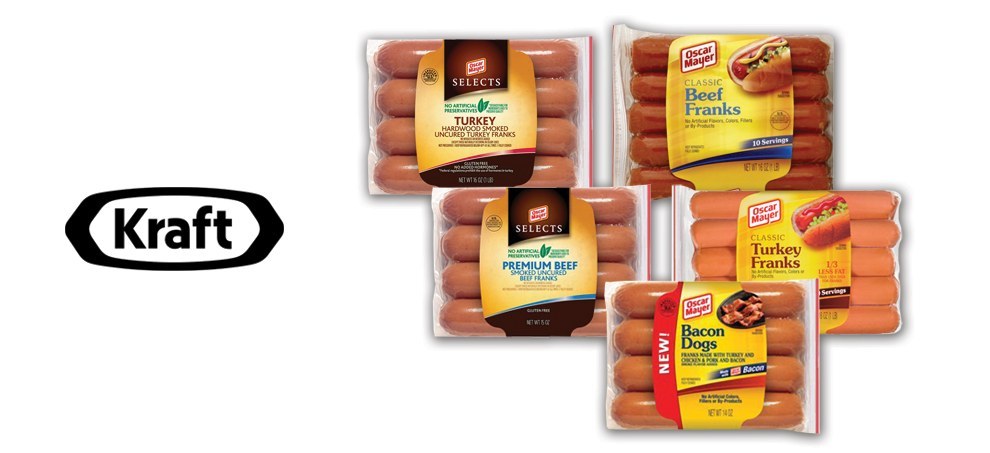
3. [Bellisio Foods did not respond to multiple requests for the names of its suppliers.]
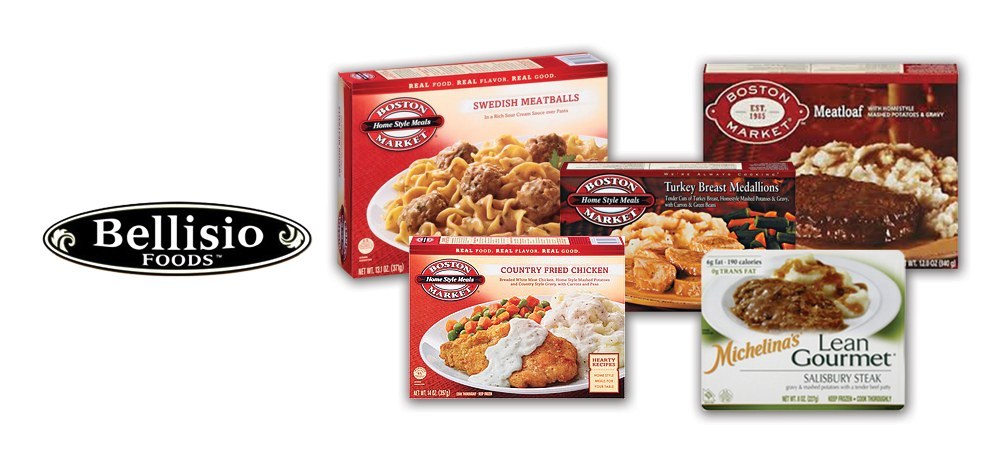
4. "It’s our policy not to provide the names of our vendors, as this is proprietary information."
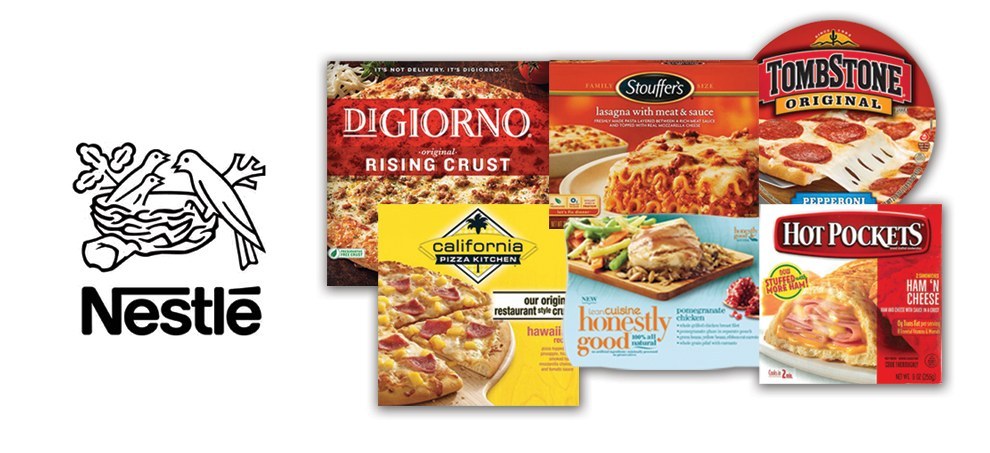
5. [Pinnacle Foods Inc. did not respond to multiple requests for the names of its suppliers.]
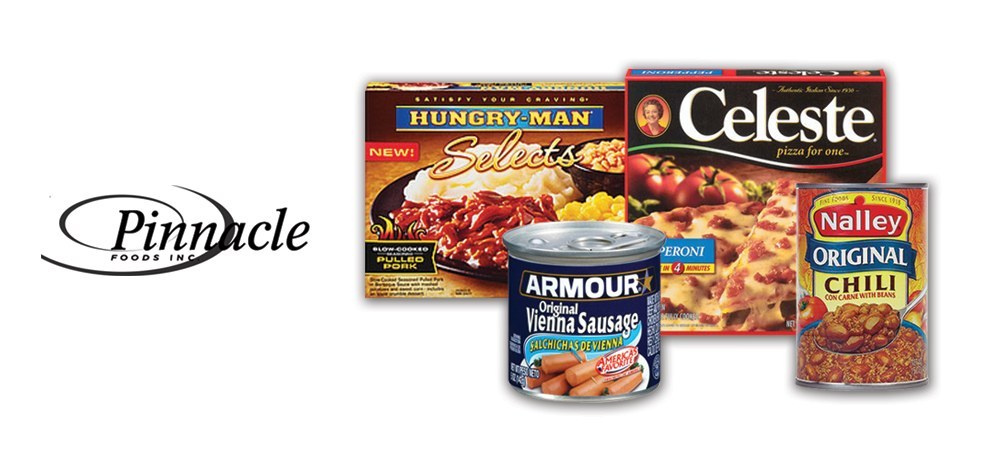
6. "We do not disclose the names of our suppliers."
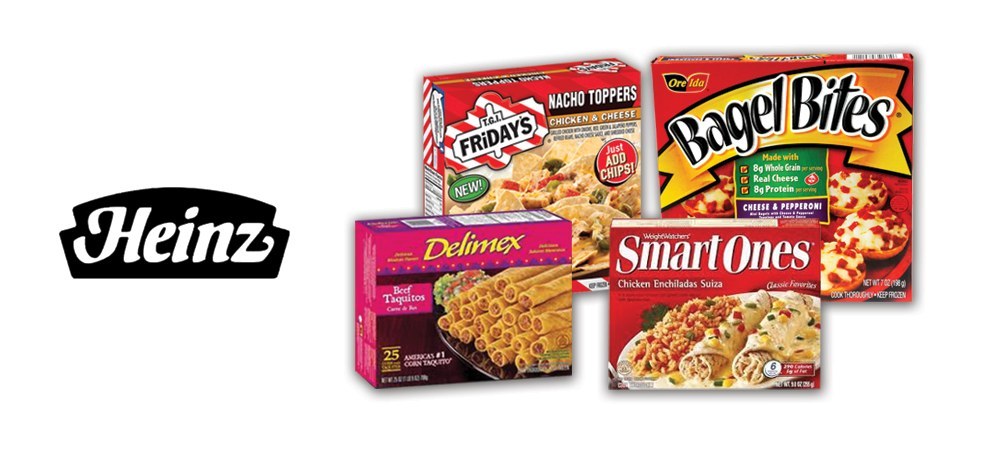
7. "We don't disclose supplier names for competitive reasons."
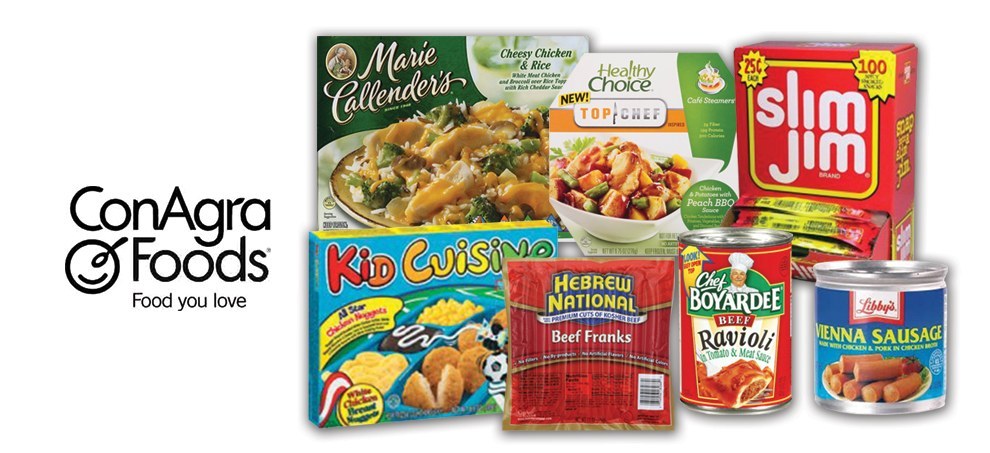
8. "We do not disclose any vendor or supplier information to external inquiries."
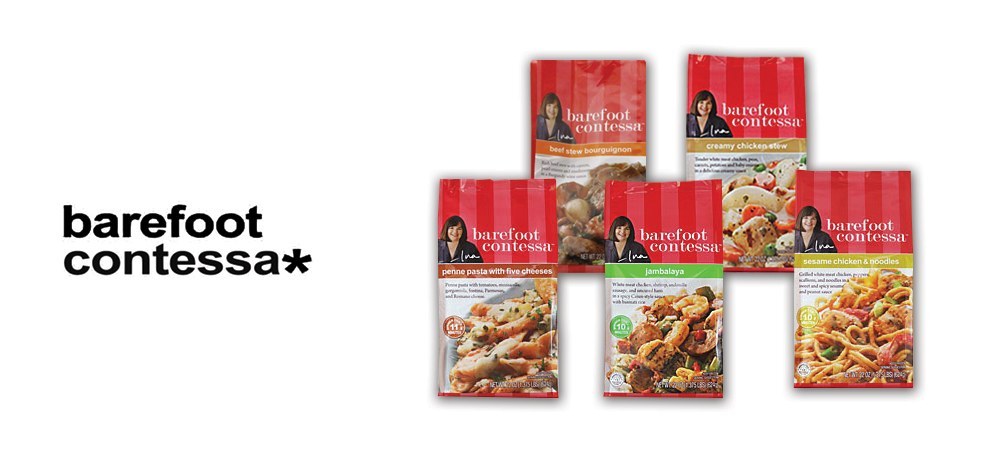
9. "We are not able to disclose our suppliers to outside parties."
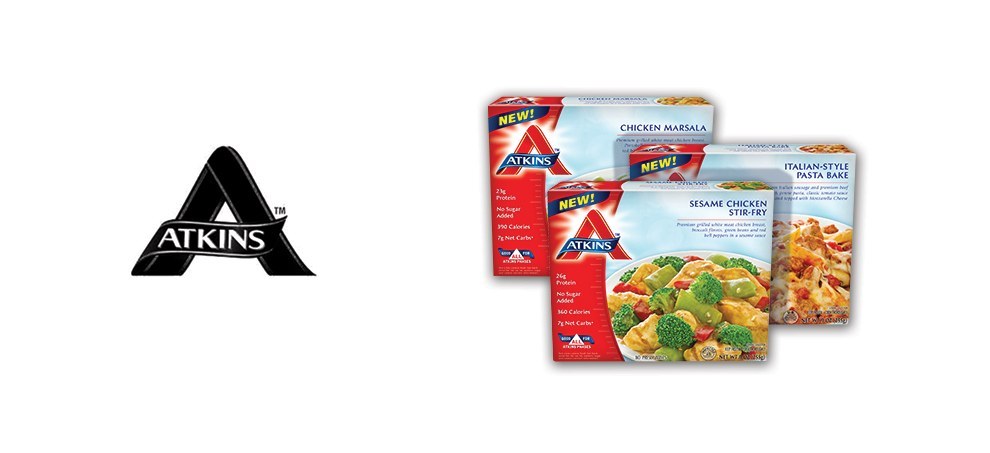
10. [Hillshire Brands did not respond to multiple requests for the names of its suppliers.]
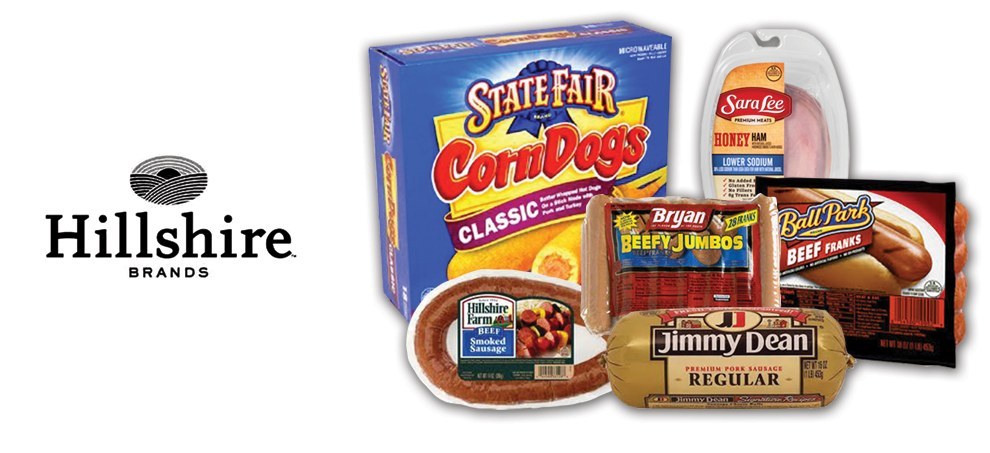
11. "We do not share supplier names due to competitive reasons."
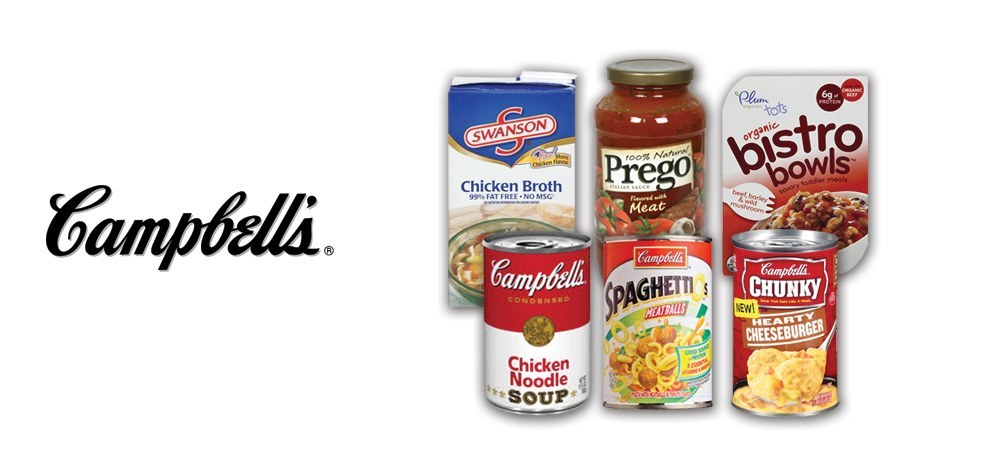
This means consumers can know basically nothing about the meat in these products.
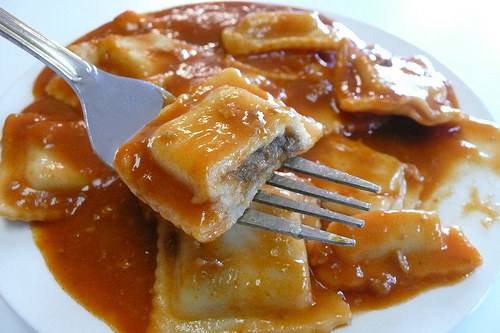
The Grocery Manufacturer's Association, which represents companies like General Mills, Kraft, and Nestlé, says the source of the meat isn't relevant because the safety of the meat is controlled by the U.S. Department of Agriculture regulations. "Food manufacturers, just like our government regulators, are focused on the safety of the product, not where it is sourced," said GMA spokesman Brian Kennedy.
But knowing where your food comes from is now considered a basic principle of healthy eating. Even the USDA has a campaign called "Know Your Farmer, Know Your Food." And while that specific program is meant to strengthen local and regional food systems and is not aimed at the food giants, the message is, nonetheless, that source matters.
Sourcing relates directly to safety when, for example, Hot Pockets were recalled because one of their sources, Rancho Feeding Corp. slaughterhouse, processed "diseased and unsound" animals. (Rancho Feeding Corp. closed down following the recall and BuzzFeed was unable to reach a representative for comment.) Sourcing can also affect other things consumers may want information about: healthfulness, environmental impact, and the way those animals were treated when alive.
"There are three reasons you should care [where the meat in these processed foods comes from]: the animals, the planet, and your health," New York Times food columnist Mark Bittman told BuzzFeed.
Several companies BuzzFeed spoke to pointed to the competitive advantage they have by keeping their suppliers a secret. When BuzzFeed next offered to keep the information confidential to help them maintain their competitive advantage, all but two (Applegate and a Canadian company that asked not to be identified) still declined to share the names of their meat suppliers.
Applegate said its turkey comes from a cooperative of farmers in Virginia and Pennsylvania but asked the name not be published "due to the high competition for supply in the natural meat industry." But by knowing the suppliers, BuzzFeed was able to learn about the Applegate's meat by visiting the co-op's website, which says the company raises turkeys in three programs: conventional, antibiotic-free, and organic. When a turkey in the antibiotic-free or organic program gets sick and needs medication, it gets moved into the conventional program. (Applegate said it buys only the organic and antibiotic-free turkeys.) The co-op's site says that it implemented a program to reduce the phosphorous in its waste water, buys local corn and wheat, and is 100% locally owned by farmers. The website also provides the co-op's phone number, address of its location, and directions to visit or get more information.
Although many companies pointed to a competitive advantage as a reason to not disclose their suppliers, a 2012 USDA report said that 85% of America's beef and 65% of its pork are produced by only four processing companies, and more than half of all of our chicken coming from only three. With so few options, the competitive advantage is unclear.
"Consumers think they're choosing between all these different brand names," said Chris Leonard, author of The Meat Racket, a new book about the increasingly consolidated American meat system. "But when it traces back to four sources," he says, those choices don't really exist.
"Only a few mega-corporations control the entire meat industry so that extra money you're paying for brands like Oscar Mayer only goes to marketing, not quality," said Michele Simon, the author of Appetite for Profit: How the Food Industry Undermines Our Health and How to Fight Back. Kraft declined to comment in response to this allegation.
Even though the meat industry is dominated by just a few power players and many practices are standard across the board, experts say there are important differences that could impact the quality of the products they sell.
"Cargill, for many years, resisted using a growth drug for its cattle called Zilmax, whereas Tyson Foods quickly adopted the use of that drug," Leonard said. Zilmax is banned in many countries, including Russia, China, and the European Union. The company that makes it, Merck & Co., suspended sales in August because of safety and animal welfare concerns; the next month Tyson also "discontinued buying cattle given Zilmax over concerns it could possibly be causing lameness in some cattle delivered to [its] plants." (Merck declined to comment "on behalf of other companies.")
None of that information is helpful if consumers don't know which of those companies supplied that meat in a jar of Prego meat sauce to begin with.
"Another example is that some poultry companies, like Perdue, advertise the fact that they don't use antibiotics in a lot of their chickens," Leonard said. "Whereas other companies don't make those claims, which kind of indicates they might be using more antibiotics."
The fact that these companies don't want to show off the unique quality their suppliers provide "is troubling," Leonard said, "because that's a really basic source of information that could be important for consumers to know."
"It's probably mostly junk, and they don't want us knowing that," Bittman said. "They don't want to admit that it's commodity meat," he says. "They probably get it from a variety of places." And if we actually knew where the meat was coming from and how it was made, Bittman said, "we would be repelled."
Another possible reason companies don't answer the question is that they can't.
Food companies know the sources "to a certain degree," said Leonard, but "it's hard to point out for any given pizza box, which [piece of meat] came from which [company]."
GMA spokesperson Kennedy cited a similar issue: "It is also important to understand that the geographic origins of an ingredient can vary for a variety of reasons, including supply or the time of season. That specific origin could fluctuate periodically."
"That is code for 'We have no damn clue where our meat comes from at any given time so cannot tell you,'" said Simon.
